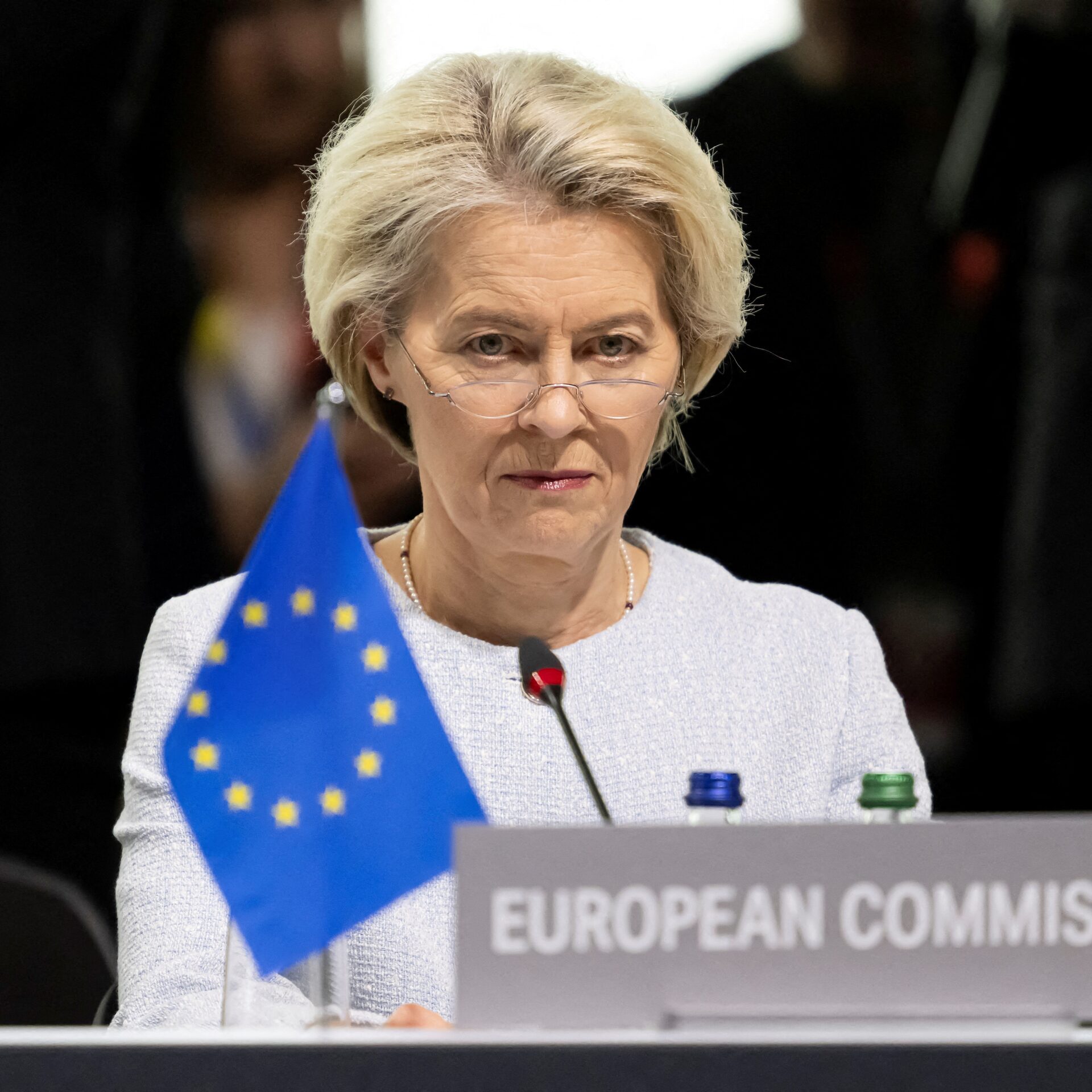Ursula von der Leyen Remains European Commission President After Key Parliamentary Vote Outcome

Von der Leyen Survives Parliamentary Challenge: European Commission President Remains in Power
Parliamentary Vote Reaffirms Leadership Amidst Calls for Transparency
In a pivotal session held in Strasbourg, members of the European Parliament decisively rejected an effort to remove the head of the European Commission. The legislative challenge, initiated by a coalition from the European Conservatives and Reformists and supported by several right-leaning groups, centered on the Commission President's handling of communications during vaccine procurement. The vote concluded with 360 against the motion, 175 in favor, and 18 abstentions—well short of the threshold required to trigger a leadership change. As a result, Ursula von der Leyen continues her tenure, retaining authority over the Commission and its agenda.
Origins of the No-Confidence Motion and Underlying Dispute
The call for a parliamentary censure arose from concerns about transparency during critical negotiations with a major pharmaceutical supplier in 2021. At issue were communications between the Commission President and the chief executive of a leading vaccine manufacturer—messages that became the subject of legal action following a ruling for their release. Critics argued that withholding this correspondence contravened European Union transparency standards and undermined institutional accountability. The motion's sponsor contended that such opacity warranted parliamentary scrutiny, while supporters voiced broader unease over the consolidation of decision-making power within the EU’s executive arm.
Key Moments During the Parliamentary Session
During the debate, the Commission President addressed concerns head-on, dismissing the accusations as politically motivated and warning against the influence of external actors on parliamentary discussions. The assembly’s final tally underscored enduring support for her leadership within the legislature, despite the vocal opposition. Observers noted that, while the attempt failed procedurally, it rekindled substantive discussion about executive transparency and the balance of power within the European Union’s governance framework.
Political Implications and Public Discourse
The outcome of the vote has immediate implications for both Commission stability and the broader landscape of EU policymaking. The Commission President remains central to the bloc’s strategic negotiations, navigating complex international relationships and internal reforms. Nonetheless, the episode has surfaced persistent questions about governance style and lines of accountability, prompting new debate among lawmakers, citizens, and scholars alike. As the EU continues to address evolving challenges at home and abroad, the stewardship of its highest executive office remains a focal point of institutional debate.
Understanding the Significance of the Parliamentary Mechanism
The mechanism of a parliamentary censure is a cornerstone of the European Union’s checks and balances, providing elected representatives the right to formally scrutinize executive conduct. Motions of this kind require significant parliamentary backing and, if successful, result in the entire executive body stepping down. However, such proceedings are rare and typically serve as a barometer of broader political sentiment rather than an imminent threat to tenure. The recent vote, while unsuccessful, amplified ongoing discourse about institutional transparency and the obligations of public officials to maintain public trust.
Future Outlook: Stability, Governance, and Institutional Reform
With the leadership reaffirmed, attention now returns to the European Commission’s policy agenda and the President’s mandate to steer multi-state cooperation amid global uncertainties. The recent challenge, while resolved procedurally, has underscored the necessity of robust transparency frameworks and responsive governance practices. As Europe’s legislative and executive actors contemplate future institutional reforms, the effectiveness of oversight mechanisms and the clarity of official communications are likely to remain at the forefront of public and political conversations. The result reestablishes continuity at the Union’s highest level, at a time when strategic engagement and responsible stewardship are crucial to navigating forthcoming opportunities and risks.
